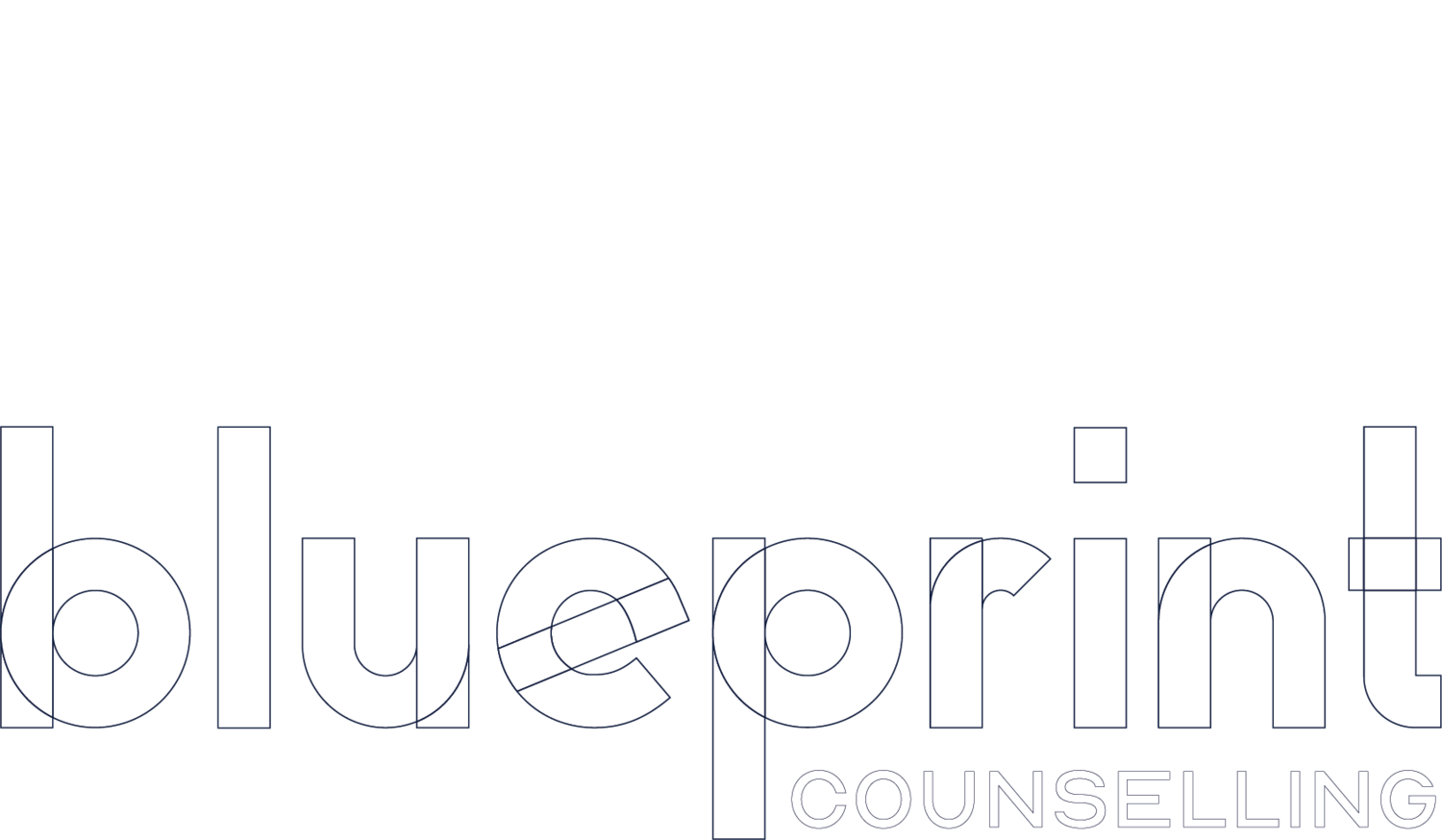A uniquely portable magic: Books as a tool to make the most out of therapy.
Stephen King is quoted as referring to books as “a uniquely portable magic” and we agree. We often recommend reading as a means of getting the most out of therapy. This is sometimes referred to as bibliotherapy (therapy with books) and helps build momentum between sessions. Here are some of the books we most often recommend:
on Psychological Trauma and Recovery
Chris often recommends clients and therapists working with trauma read The Body Keeps the Score by Bessel van der Kolk. Van der Kolk’s groundbreaking work on the ways in which the body stores our trauma memories is helpful for both clients and therapists in really understanding the long term impact of psychological trauma.
Likewise, Michele often recommends both new and experienced therapists read Trauma and Recovery: The Aftermath of Violence by Judith Herman to increase their understanding of trauma work. Herman’s book is foundational for therapists learning to apply a compassionate, trauma informed lens to their work.
Jared is particularly fond of the Internal Family Systems approach to trauma recovery and often recommends his clients read No Bad Parts by Richard Schwartz as an orientation to the model (for parts that like to think and analyze).
for clients exploring their gender and sexual identity
Victor recommends Gender Failure by Rae Spoon and Ivan Coyote which offers their personal narratives moving from gender failure to gender self-acceptance as non-binary writers, musicians and performers. It invites the reader into important questions about expectations and ideas around gender norms, expression and roles.
Jared recommends You and Your Gender Identity by Dara Hoffman-Fox. A well respected gender therapist, Hoffman-Fox offers a practical guide for gender questioning youth and adults exploring their gender identity and its most authentic expression in their lives.
on the topic of ADHD
Bibliotherapy isn’t always the right fit for our ADHD clients. The last thing we want to do is create more demands on their executive function.
But when they ask Jared recommends ADHD 2.0 by Ned Hallowell and John Ratey. Hallowell, himself an ADHD’er, offers a self-compassionate approach to overcoming the challenges that come with ADHD and harnessing its gifts.
In her work with parents who are raising an ADHD child, Michele tends to recommend 12 Principles for Raising a Child with ADHD by Russell Barkley for its abundance of compassionate and concrete parenting guidance.
when it comes to Mental Health and Wellbeing
Both Victor and and Michele like to promote the benefits of meditation practice for improving symptoms of depression, anxiety and increasing overall wellbeing.
Michele points her clients to Real Happiness: The Power of Meditation by Sharon Salzberg which offers a 28-day meditation program that is compatible with diverse traditions and spiritual beliefs. It focuses on practical strategies for establishing a sustainable meditation practice and harnessing its benefits.
Whereas Victor often suggests Radical Acceptance by Tara Brach for clients struggling with the belief that something is wrong with them, that they are not good enough or that they are unloveable. Brach offers a powerful practice for liberation from those stories enabling greater presence in life and relationships.
For client’s grappling with concerns about political and environmental issues:
Chris recommends Braiding Sweetgrass by Robin Wall Kimmerer for clients with concerns about climate change. Drawing upon Indigenous knowledges and her training as a Botanist the author offers a new perspective on respect for the wisdom of the natural world.
Jared on the other hand recommends Pleasure Activism by Adrienne Marree Brown for anyone who is overwhelmed by the state of the world and struggling to enjoy their life while also advocating for needed change.
*If your therapist suggests you read something, and you really don’t have time, capacity, or interest - thats okay. They offer these recommendations to help, not to increase your feelings of guilt and shame over unmet obligations. Just let them know you’re not really feeling it right now, they’ll appreciate the feedback.
*When purchasing your books consider how you can support your local economy. We recommend checking out Caversham Books in Toronto and Mandala Books in London but buying used is also a great option!
